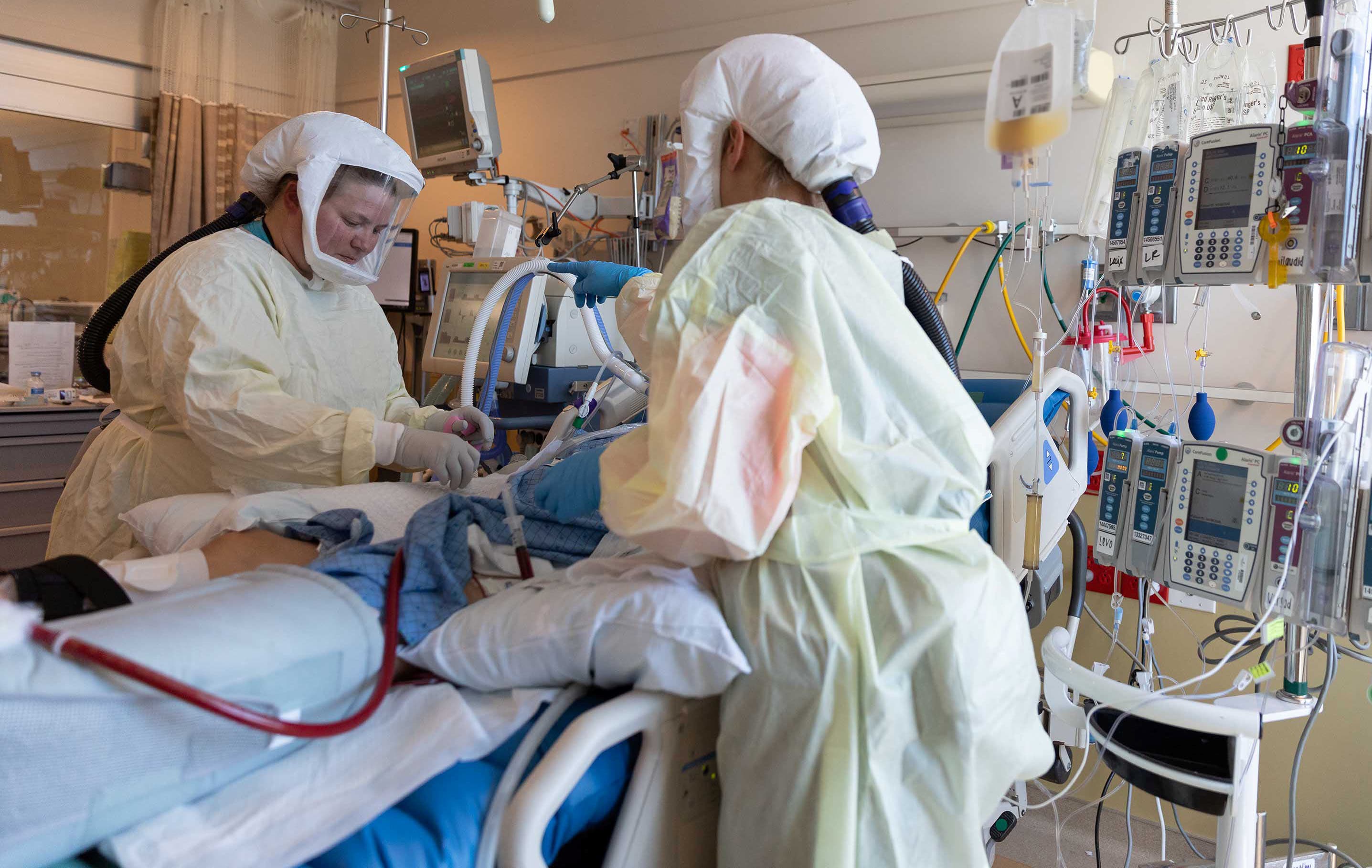Gov. Tom Wolf and Pennsylvania’s coronavirus task force are asking state lawmakers to urge their constituents to get vaccinated, citing the highly contagious delta variant, and one of the state’s most populous counties acknowledged Friday that it mishandled students’ confidential COVID-19 health data.
Wolf and the task force, which includes Democratic and Republican appointees from the House and Senate, asked members of the General Assembly to “use every tool at your disposal, starting now,” to promote the COVID-19 vaccines on social media, in printed materials and at local events.
“We are at a pivotal moment in this pandemic — a moment that has already passed in states like Arkansas, Missouri and Louisiana,” said the letter, released Friday.
New COVID-19 cases have more than tripled over the past two weeks, to an average of about 725 per day, according to Johns Hopkins University Center for Systems Science and Engineering. Hospitalizations have started to rise again, too, increasing by more than a third over the past 10 days, according to state data.
Get Philly local news, weather forecasts, sports and entertainment stories to your inbox. Sign up for NBC Philadelphia newsletters.
New cases and hospitalizations are still a fraction of what they were at the height of the pandemic last winter.
The pace of vaccinations, meanwhile, has slowed dramatically to about 12,500 people per day. Nearly 63% of Pennsylvania adults are fully vaccinated, according to federal data.
The letter from Wolf and the task force warned that a resurgent virus could wreak havoc on nursing homes, threaten the state's work force and burden hospitals. It urged lawmakers to “talk about our shared goals: protecting ourselves and those we love. Please do this with care, with understanding, and with urgency.”
The state Department of Health is also planning a text messaging campaign to encourage more than 250,000 people who skipped their second shot of the two-dose COVID-19 vaccine to follow through and get it. The department said the messages will go out early next week.
House Republicans objected to the texting plan, saying Friday it raises serious privacy concerns and that residents did not give permission to be contacted.
“Given this administration’s shoddy track record of protecting Pennsylvanians’ private health and personally identifiable information, questions remain about how this information is being stored, who is facilitating this text messaging program, and what assurances have been provided that this information is being kept secure," said Jason Gottesman, a spokesperson for House Republicans.
GOP lawmakers have criticized the Wolf administration over a data breach involving the company that Pennsylvania initially hired to perform contact tracing in the state. Insight Global was fired in May after company employees compromised the private data of more than 70,000 residents.
Contact tracers identify people who have been exposed to the coronavirus so they can quarantine.
The Wolf administration said people receiving text messages gave their phone numbers to their health providers when they made their initial vaccine appointments, and the providers themselves also send text reminders.
“We need to use all the tools at our disposal to encourage everyone 12 and older to be vaccinated,” said Health Department spokesperson Barry Ciccocioppo. He accused House Republicans of “fearmongering that spreads disinformation and puts people at risk.”
The back-and-forth came amid word of a second serious incident of mishandled COVID-19 data — this one involving the health department of the state's third-largest county.
The Montgomery County Office of Public Health said it inadvertently released COVID-19 test results and other personal health information of students and staff at county schools. Students' names, dates of birth, symptoms, exposure to the virus and other protected information was released in response to an open records request, the county said. The information should have been redacted but was not.
Officials would not disclose who made the public records request.
The county said the data was released on March 15, and that it became aware of the issue on May 21. County officials say they asked the recipients of the file “to delete all personal information and that no further dissemination of the information occur.”
A total of 742 people at multiple school districts were impacted, according to the county's spokesperson, Kelly Cofrancisco.
“We have no reason to believe that the information has been used inappropriately,” she said.



